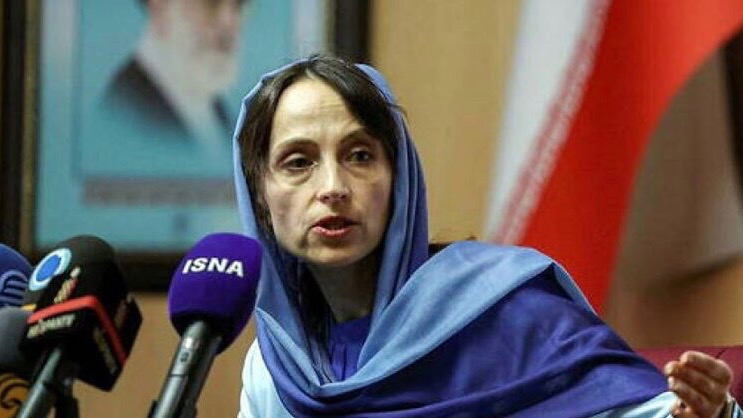The US Treasury Department on Thursday, June 16, sanctioned two companies based in Hong Kong, three in Iran, and four in the United Arab Emirates (UAE), accusing them of being involved in “international transactions and [evading] sanctions, supporting the sale of Iranian petrochemical products to customers in the PRC and the rest of East Asia.”
The sanctioned companies have been accused of dealing with Triliance Petrochemical Co. Ltd (Triliance) and Iran’s Petrochemical Commercial Company (PCC). Two individuals, one Chinese citizen and one Indian, have also been sanctioned.
Brian E Nelson, the Under Secretary of the Treasury for Terrorism and Financial Intelligence, claimed that though the US is trying to revive the Joint Comprehensive Plan of Action (JCPOA) diplomatically, “absent a deal, we will continue to use our sanctions authorities to limit exports of petroleum, petroleum products, and petrochemical products from Iran.”
Iran has dismissed the fresh round of sanctions imposed by the Joe Biden administration calling them ineffectual. “Our petrochemical industry and its products have long been under sanctions, but our sales have continued through various channels and shall continue to do so”, claimed Mehdi Safari, Iran’s deputy Foreign Minister, according to Al-Mayadeen.
The US unilaterally withdrew from the Iran nuclear deal or the JCPOA in 2018 under Donald Trump’s presidency. The Trump administration also imposed numerous sanctions on Iran under its so-called “maximum pressure campaign” to force it to renegotiate the deal with a much wider mandate, including Iran’s regional and missile defense policies.
Iran has refused to renegotiate the deal and undertaken measures to reduce its own commitments under it in response to the sanctions. President Biden, who during his election campaign had promised to rejoin the deal, has refused to lift the Trump-era sanctions. His administration has instead imposed new sanctions despite initiating indirect talks with Iran to revive the deal under the mediation of the remaining signatories in Vienna since early 2021.
Biden hasn’t just failed to restore the Iran nuclear deal, today he announced he is *utilizing Donald Trump’s own executive order that reimposed sanctions to kill the deal* as his basis for new sanctions. https://t.co/RNRhP1SLVz
— Jamal Abdi (@jabdi) June 16, 2022
Sanctions have killed many Iranians
UNHRC special rapporteur Alena Douhan in a recent interview to French weekly Le Point said that sanctions imposed by the US following its unilateral withdrawal from the JCPOA in 2018 have had “profound effects on the lives of Iranians in many ways” and have even been responsible for deaths during the COVID-19 pandemic.
Douhan is the first UN rapporteur to visit Iran in the last 17 years.
In her interview, which was republished by the Iranian Foreign Ministry, Douhan claimed that sanctions have had adverse effects on trade, tourism and handicraft industries in Iran, apart from harming its oil and gas exports. She also claimed that the sanctions had adversely affected the country’s public service delivery due to increased demand as even those who could earlier afford private services are now dependent on them.
Douhan also highlighted that the US sanctions have contributed to the deaths of many Iranians and caused political unrest in the country. She claimed that they were primarily responsible for the lack of medicines and medical facilities in Iran during the COVID-19 outbreak, leading to large-scale deaths in the country.
The COVID-19 pandemic had infected more than seven million Iranians and caused the death of over 140,000 as of June 15, as per data released by the John Hopkins University.





